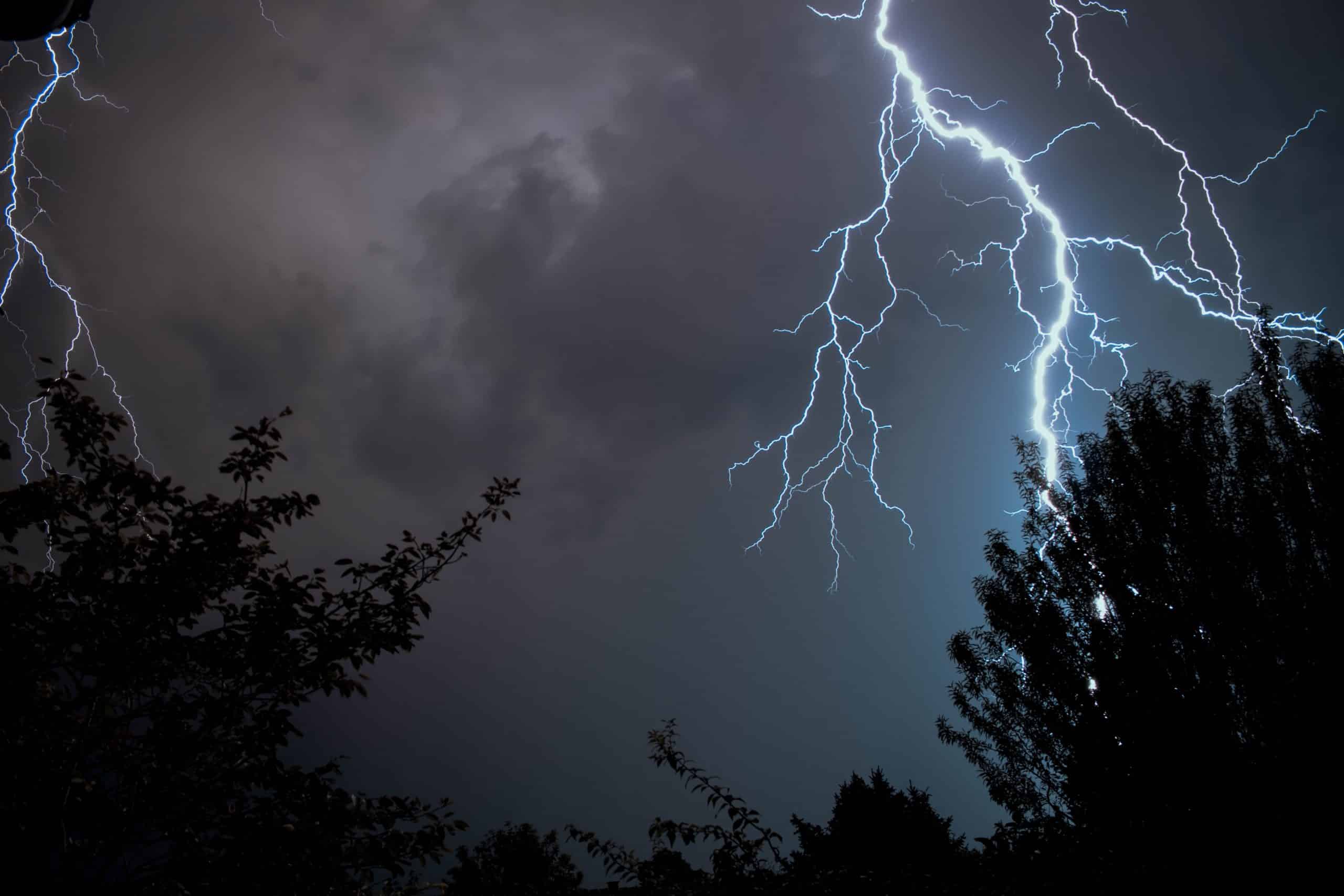
15 Jun Caregiver & Senior Tips for Severe Weather
In June, we’re happy to welcome warmer weather, but not so much the hurricane season that comes with it. While many of us may not live in beachfront regions directly affected by hurricanes, the overall weather trends during this month notoriously cause severe rainfall and storms throughout the region.
Being caught in the middle of a power outage or hazard caused by severe weather can render many seniors helpless if they don’t have a plan.
As caregivers, we take on the responsibility to think three steps ahead when the health and safety of our clients is concerned, and storm preparation is no different. We don’t want our caregivers to be left in the dark in the event of a power outage, so we’ve put together the following tips to help create a plan for severe weather hazards. Please note that the following precautions work best when helping plan before a storm hits.
Power Outage:
- Ensure you help your senior create an emergency contact list with the phone numbers of all local utility companies, including power, gas and water. Keep these numbers in an area close to the phone so it is always easy to find.
- Prepare an emergency equipment box with the following items such as a working flashlight, extra batteries, a generator, and other battery operated tools.
- Prepare an emergency health kit that can help a senior live for a minimum of 72 hours. Items should include a first aid kit, prescriptions, water (one gallon per person per day) and non-perishable food.
- Identify and locate nearby shelters. This contact information should be stored with the emergency contact list.
- If your seniors relies on a home medical device powered by energy, ensure that you have made your local electric utility company aware of its existence and need. This may help put your senior on a higher priority list for immediate attention during a power outage, pending your local utility company’s rules and regulations.
Miscellaneous Tips:
- Be sure to label all equipment, so that everything is easy to identify for your seniors.
- Ensure that all the emergency supplies and kits that you create are in containers that are easy to move and find. When placing these items, think about how the easiest access points that your senior would be able to reach during a severe weather crisis (e.g. nowhere too high or obstructed by other items).
- Ensure your senior also has non-slip shoes and proper clothes to keep them warm and dry in the rain, in case they need to leave the house during the severe weather for any reason (such as an evacuation).
Source: Comfort Keepers, Sonas Home Health



